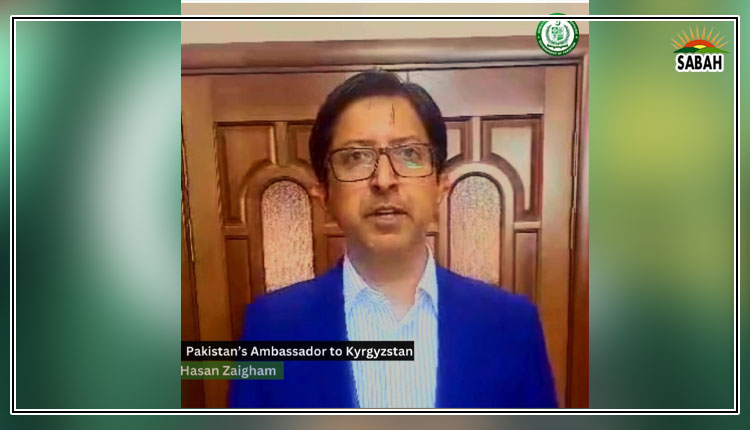Leaky buckets …. Zarrar Khuhro
IT’S IMF time. Which means it’s time to trot out the clichés and platitudes that we have grown old listening to: reforms must be undertaken: radical, structural, painful reforms that will shift the paradigm, synergise the grassroots and unleash Pakistan’s geo-economic potential. The game will change, memoranda will be understood; all windows bar one will be sealed shut and all pages save one will be burned. Under our collective weight the adamantine begging bowl will shatter. This time it’ll happen. Seriously. For Real.
Leave aside the fact that if we had a single dollar for every time we’ve heard all this we wouldn’t need an IMF programme, and let’s take a realistic look at just how many leaks in our bucket need to be fixed and how we’ve gone about fixing them.
Our tax sector has been called ‘ineffective, unfair and fragmented’, and that’s a charitable description; massive tax evasion thanks to smuggling and illegal trade can also be seen in tea, tyres and auto lubricants, pharmaceuticals and, of course, the infamous real estate sector. Put together, according to a 2022 report by IPSOS, annual tax evasion in these sectors is estimated to be Rs956 billion, with the lion’s share in real estate.
Burden is placed on the already burdened while whole sectors get away without paying — at best they pay only indirect taxes. And because policies are formulated by officials as far removed from reality as we are from ancient Assyria, they backfire spectacularly.
Our policies are formulated by officials far removed from reality.
For example: we increase taxes on products and with a stroke of a pen our policymakers calculate that this will result in X amount of revenue which in turn would balance out the resulting reduction in consumption. In some cases, like cigarettes, this would even be a good thing if it were to result in people smoking less. But no one bothers to understand that without curbing illicit production or smuggling all this means is that consumption switches to smuggled brands; see how many smokers are now puffing on smuggled milanos without even a paisa being added to government coffers. Sure, every now and then such smuggled goods are intercepted but this seems to have no real effect on their supply.
Another sector which should arguably be taxed in order to reduce consumption is carbonated drinks. In a country with one of the highest rates of diabetes incidence in the world, sweet fizzy sugar-laden drinks should be priced out of the market. But here we see that arguably healthier fruit juices have been placed in the same tax category as carbonated drinks, which will, of course, lead to an increase in their retail prices. Again, this burden is placed only on the documented (and thus tax-paying) sector while undocumented trade flourishes unchecked, and in fact, emerges as a more attractive option for consumers. When (not if) that happens, the price will be paid by farmers who supply the fruit from which the legally produced juices are made as a reduction in demand for juices will mean a reduction in fruit procurement.
Speaking of farmers, look at the current wheat scandal where growers are in a crisis due to the government’s inability or unwillingness to purchase wheat in sufficient quantities. This fiasco can be traced to the decision of the caretaker government to import over 3.5 million tons of wheat when it was already clear that wheat had been planted on a record amount of land and there were expectations of a bumper crop. Best of all, record wheat plantation had been done in response to a government drive asking farmers to plant more wheat. This crisis will birth more crises as farmers struggle with the next crop and plant less wheat next year.
No wonder, then, that the same farmers are keen to sell their land to housing societies, since real estate seems to be the only viable business left in Pakistan. Highly profitable and almost completely unregulated and untaxed, it provides the perfect haven for all your grey, and often black money. You pay no overheads, employ no one and generate no real economic growth, and yet your profit is assured.
The same authorities that enable this also shout about the need for exports. But that requires industrial growth and exportable surpluses, while we’re in an advanced state of de-industrialisation. In part, this is because our growth figures are fuelled by consumption, and that too of largely imported goods. Governments have found it easier to collect duties on such goods rather than promote local industrial growth.
So why would we not be de-industrialising? Why would anyone set up an industry or be compliant with regulations when there is such an attractive option available? Why suffer the slings and arrows of an uneven tax regime and pay exorbitant utility costs and navigate spools of red tape and extractive authorities when you can buy a plot or 12?
The writer is a journalist.
X: @zarrarkhuhro
Courtesy Dawn, May 6th, 2024












